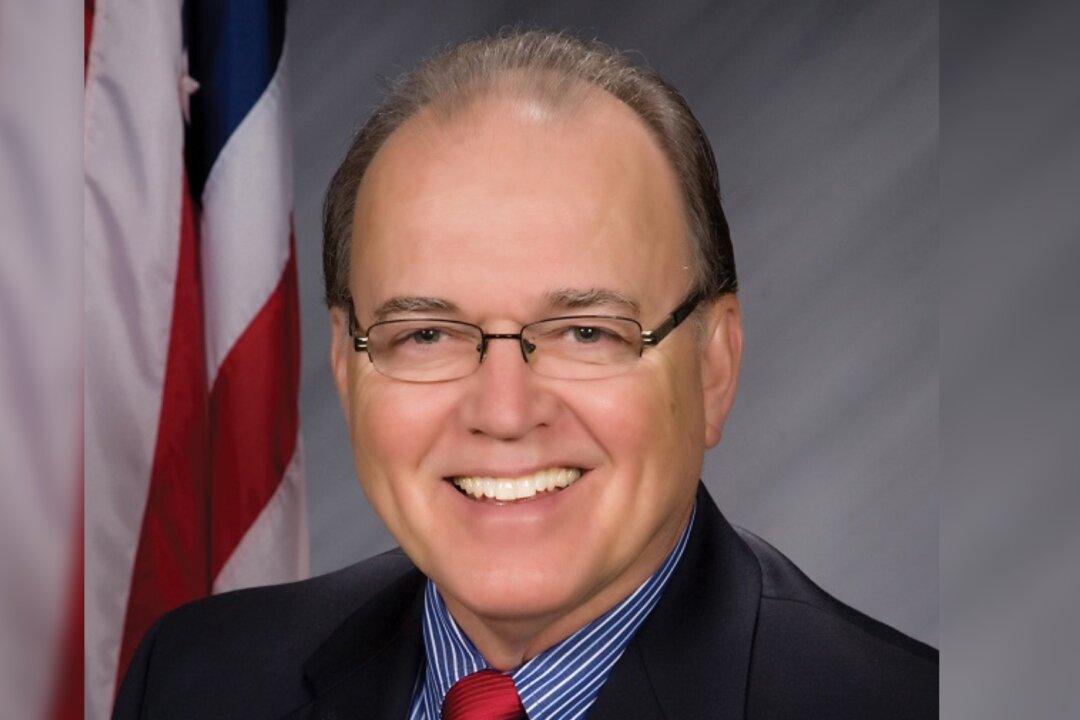A committee of the Indiana legislature approved a resolution on Jan. 5 calling for a federal constitutional convention to amend the Constitution to hold the number of U.S. Supreme Court justices at nine.
Defenders of the Supreme Court say the institution is functioning as it’s supposed to, although Democrats in the nation’s capital continue to press to pack the high court so it won’t hinder possibly unconstitutional left-wing legislation aimed at transforming the country.





